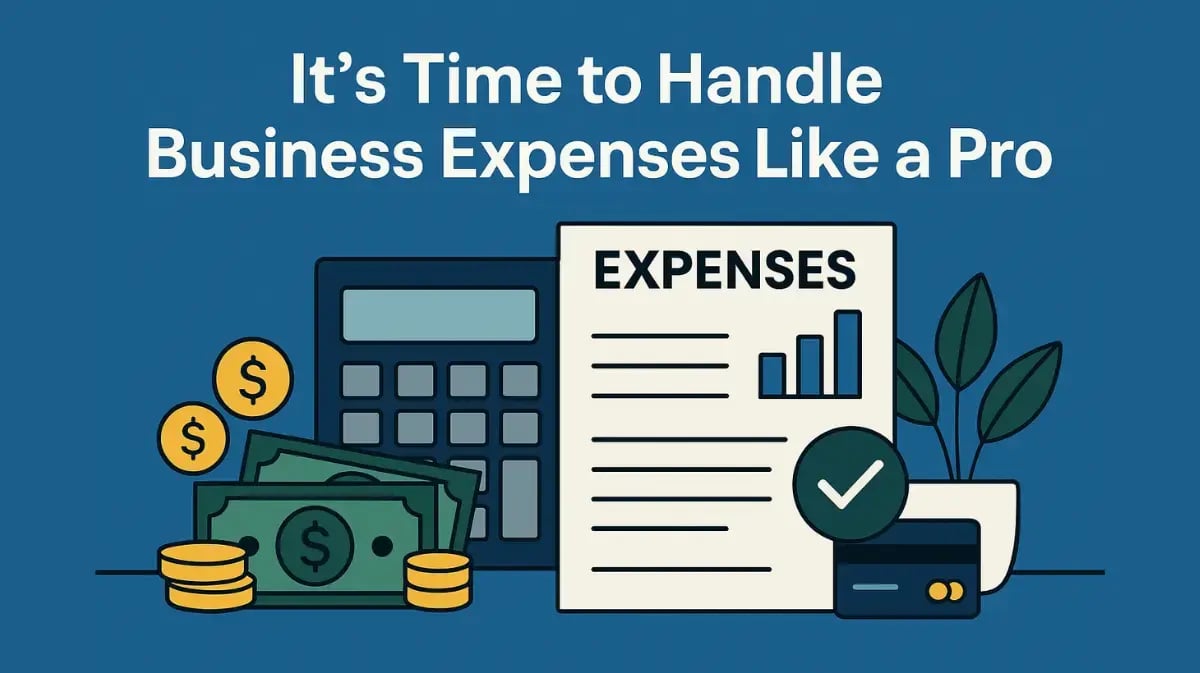How to Pay Yourself the Right Way as a Small Business Owner
October 29th, 2025
6 min read
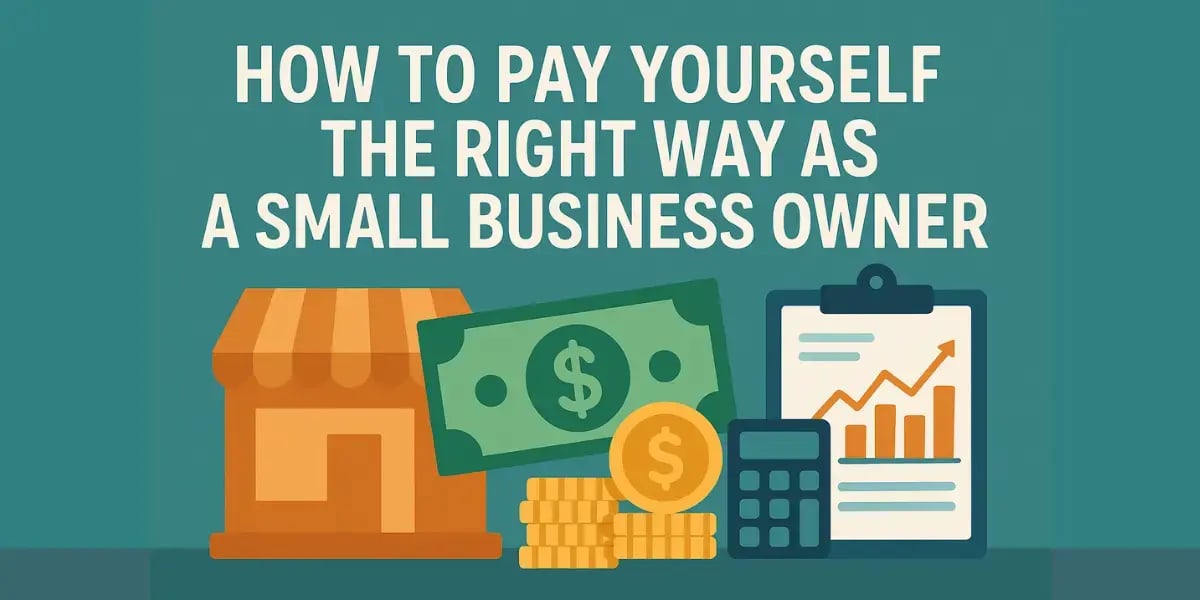
If you're like most small business owners, you’re used to wearing every hat. You lead the team, serve the clients, manage the books, and fix what’s broken—sometimes all before lunch. But when it comes time to pay yourself? That’s often where the confusion begins.
Some owners skip it entirely. Others take whatever’s left over after covering bills. A few try to follow what they think they “should” be doing, but aren’t sure if it’s legal, smart, or sustainable. It’s easy to feel like you're making it up as you go.
You’re not alone. Many business owners struggle with how much to pay themselves, how often, and what’s considered “correct.” But here’s the good news: there is a right way to do it—and once you understand your options, it gets much easier.
This article will walk you through how to pay yourself properly based on your business structure, cash flow, and long-term goals. We’ll also cover common mistakes to avoid and how to make sure your pay fits both your life and your business.
Because owning and operating a business shouldn’t be so complex. And that includes paying yourself.
Why Paying Yourself Matters
Paying yourself isn't selfish. It’s smart.
It’s a sign your business is healthy. It’s how you support yourself and your family. And it’s a reminder that your time and effort have value.
Here’s what happens when you pay yourself the right way:
- You stay motivated. A paycheck brings clarity and structure.
- You manage cash better. Owner pay gives you a more realistic picture of your margins.
- You stay compliant. The IRS expects you to pay yourself properly, depending on how your business is structured.
- You avoid legal or tax trouble. Improper pay methods can trigger audits, penalties, or bookkeeping issues.
Common Ways to Pay Yourself (And When They Apply)
The method you use depends on your business structure. Here’s a breakdown:
|
Business Type |
Method of Pay |
Tax Treatment |
Notes |
|
Sole Proprietor / LLC |
Owner’s Draw |
Pass-through |
No tax withholding; report on personal return |
|
Partnership |
Guaranteed Payments / Draw |
Pass-through |
Defined by the agreement between owners |
|
S-Corp |
Salary + Distributions |
Payroll + Pass-through |
Must pay a “reasonable salary” first |
|
C-Corp |
Salary + Dividends |
Corporate + Personal Tax |
May trigger double taxation |
Quick Definitions:
- Owner’s Draw: Money taken directly from business profits. Not taxed when withdrawn, but taxed as part of your income.
- Guaranteed Payment: A fixed payment to a partner, regardless of profit.
- Salary: Wages paid through payroll, with federal and state taxes withheld.
- Distributions/Dividends: Extra payments after salary, based on available profits.
Knowing which method applies helps avoid compliance issues and gives you peace of mind when income tax time rolls around.
What Is a ‘Reasonable Salary’ And How Do You Set One?
If your business is taxed as an S-Corporation or a C-Corporation, you’re required to pay yourself a reasonable salary. But what exactly does that mean?
In short, it’s the amount someone else would reasonably earn doing your job.
Factors to Consider:
- Industry averages and job market data
- Your job duties and how many hours you work
- Your business’s revenue and ability to pay
The IRS doesn’t offer a clear formula. That can make it hard to know what’s “reasonable.” But here’s a useful starting point: check salary surveys from sources like Robert Half, Glassdoor, or regional business associations.
There are also services that perform in-depth “reasonable compensation studies.” These reviews look at your role, industry, and location to calculate a fair number. They're not cheap, but they can be helpful in high-risk or high-income situations.
Paying yourself too little could raise a red flag with the IRS. Too much, and you may hurt your cash flow or lose out on valuable deductions.
For example, imagine a dental practice owner who takes a $20,000 salary while paying an associate $120,000. That would likely trigger scrutiny. The key is finding a fair, well-documented balance.
How Much Should You Pay Yourself?
There’s no magic number, but there is a process.
Start by figuring out what you need to cover your basic living expenses. Then look at what your business can realistically support. That means reviewing:
- Your business’s monthly cash flow
- Profit margins
- Future investments or expansion plans
In the early stages of your business, it’s common to reinvest profits to keep things moving. You might even go a few months without a paycheck. That’s okay as long as it’s intentional and temporary.
If your cash flow is tight, ask yourself:
- Can I pay myself without bouncing checks or missing vendor payments?
- Can I take a reduced amount now and increase it later?
Even a modest, consistent payment can help build financial discipline. It also separates your personal finances from the business, which makes everything easier to track and keeps you focused on long-term stability.
Review Regularly
Don’t set your salary once and forget it. Revisit it once a year or when:
- Your revenue or profit changes significantly
- You change your business structure
- You add employees or service lines
Treat your salary like any other key number in your business. It should grow as your company does.
Common Mistakes to Avoid
Paying yourself might sound simple, but it’s one of those areas where good intentions can still lead to costly missteps. Even experienced and successful business owners can overlook the details or fall into habits that create bigger problems down the road.
Here are some of the most common mistakes to watch out for:
- Only paying yourself when there’s leftover cash. That’s unpredictable and unsustainable.
- Forgetting to withhold taxes. If you take draws or distributions, you still owe taxes. Many owners get caught off guard at filing time.
- Mixing business and personal accounts. It’s tempting—but risky. Always keep finances separate.
- Skipping payroll requirements. If you're an S-Corp and not running payroll, that’s a red flag.
- Overpaying yourself through W-2 wages. It might shrink your taxable business income, but it could also reduce your qualified business income deduction.
The biggest mistake? Not thinking about compensation as part of your business plan.
What If You’re Just Starting Out or Struggling With Cash Flow?
If your business is new or in a rough patch, it’s okay to take less—or nothing—if you can afford it. You can wait to take a salary until revenue becomes consistent.
Start by asking: What do I need to survive? Cover that amount first.
The IRS is more likely to accept lower wages when a business is clearly not profitable. But you still need to be thoughtful. Taking zero salary while the business shows strong profits may attract attention.
Your decisions should reflect both the financial realities of the business and the role you play in it.
How Do Taxes Come Into Play?
Taxes depend on how you pay yourself.
If you pay yourself a salary, the business must:
- Withhold Social Security and Medicare (FICA) taxes from your paycheck
- Pay the employer portion of those taxes as well
That salary then appears on your personal income tax return, like any W-2 employee.
If you take distributions or draws, taxes aren’t withheld up front—but you’ll still owe income tax when you file. That means you may need to make quarterly estimated tax payments to avoid penalties.
Another tax factor to consider is the Qualified Business Income (QBI) deduction. This deduction allows many business owners to deduct up to 20% of their qualified business income. But here’s the catch: the more salary you take, the less profit remains for that deduction. So balance is key.
Tools and Resources That Can Help
Figuring out how much to pay yourself doesn’t have to be a guessing game. While every business is different, there are several tools and services that can give you clarity, benchmarks, and structure.
These resources can help you make informed decisions, stay compliant, and take the stress out of the process:
- Salary comparison tools: Use sites like Robert Half or Glassdoor to research similar roles in your area.
- Reasonable compensation studies: If you want a formal evaluation, these are available through third-party services.
- Payroll systems: Software like Gusto or QuickBooks Payroll can automate tax withholding and filings.
- Expert support: An experienced accounting support team can help you build a sustainable compensation strategy and avoid costly errors.
Signs Your Pay May Be Putting the Business at Risk
Sometimes, the warning signs are clear—sometimes, not so much. Here’s what to watch for:
- You’re paying yourself, but not your vendors.
- You’re profitable on paper, but your account balance is shrinking.
- You’re skipping payroll during tough months without adjusting expectations.
- You haven’t reviewed your pay in over a year.
And from a compliance standpoint:
- If your S-Corp makes solid profits, but you haven’t paid yourself a wage? That’s a red flag.
- If your business posts a loss, but you’re still taking high payroll wages? Also a concern.
The IRS usually won’t send a notice unless you’re audited, but inconsistencies can put your return under review. If you're unsure, get a second opinion.
You Deserve to Be Paid Like the Business Owner You Are
You’ve put in the time, taken the risks, and built something valuable. Paying yourself isn’t just a reward—it’s a core part of running a healthy, sustainable business. When you treat your compensation with the same care and structure you give to your clients or team, you strengthen your entire operation.
Getting it right doesn’t have to be complicated. With the right systems, guidance, and a solid understanding of your business finances, you can pay yourself with confidence—and without second-guessing every step.
If you’re unsure where to start or just want a second set of eyes on your approach, TMA Accounting is here to help. We work with small business owners every day to untangle financial decisions like this one. Let’s take the guesswork out of your paycheck, so you can get back to doing what you do best: running your business.
Reach out today to schedule a quick call with us to learn more about your options.
Blog Disclaimer: Nothing in this post constitutes legal, tax, or financial advice and is intended for informational and educational purposes only. This informational and educational material is not intended, and must not be taken, as legal, tax, or financial advice on any particular set of facts or circumstances or as recommendations that are suitable for any specific person. You need to contact a lawyer, accountant, or financial adviser licensed in your jurisdiction for advice on your specific questions, issues, and concerns. View our full Terms of Use here.



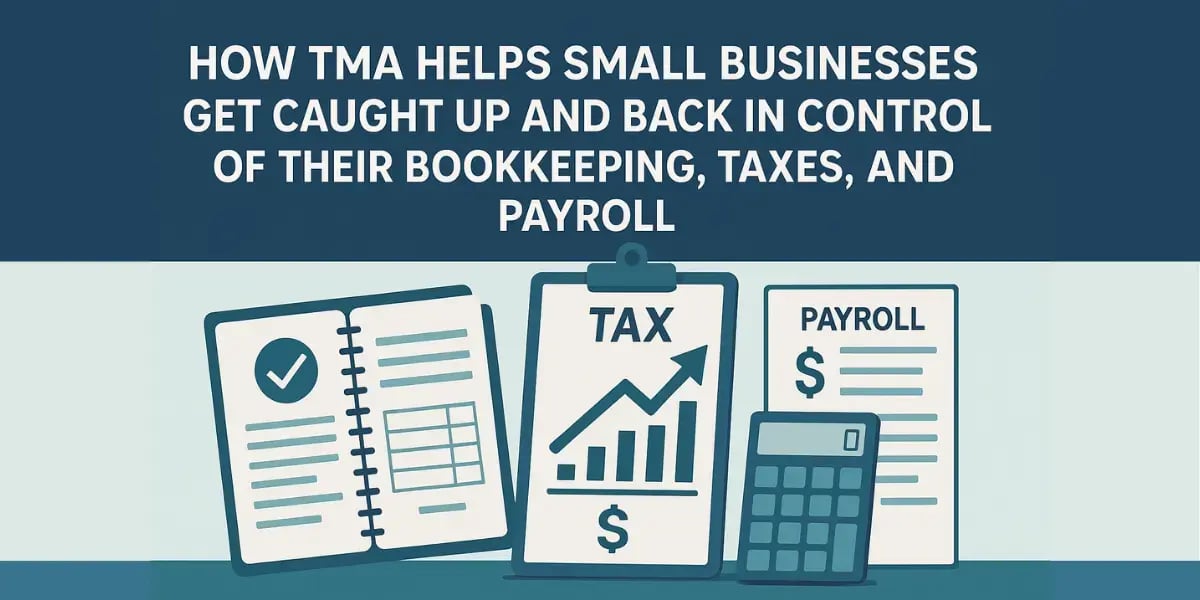

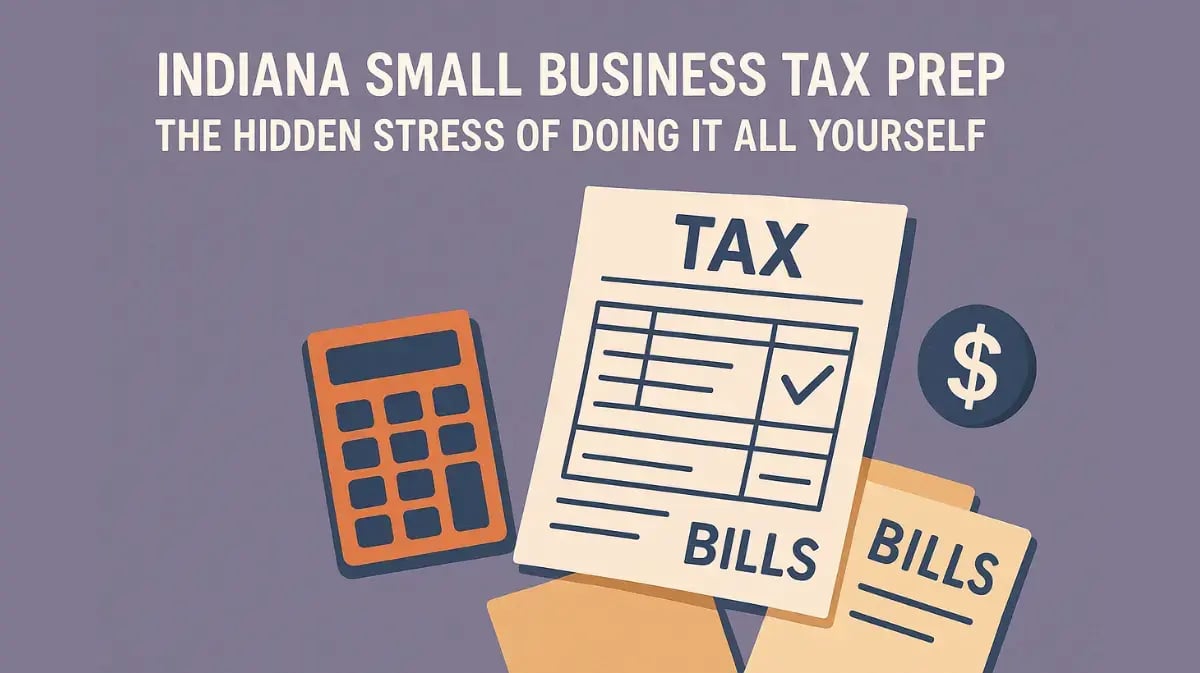




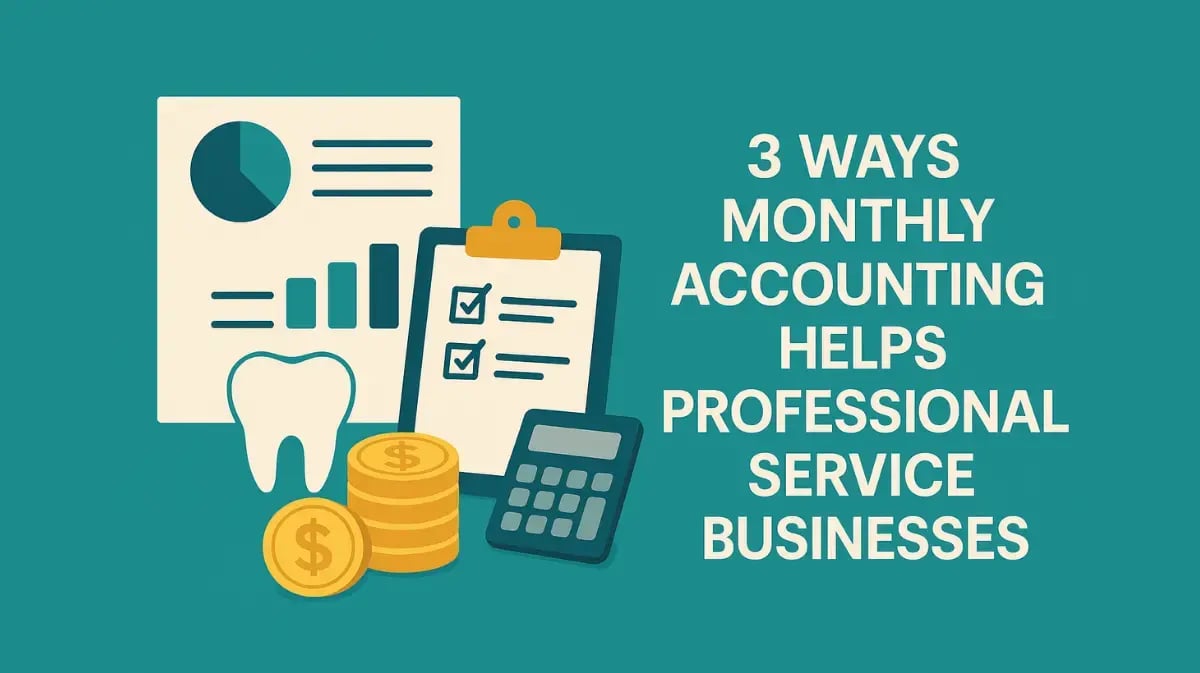
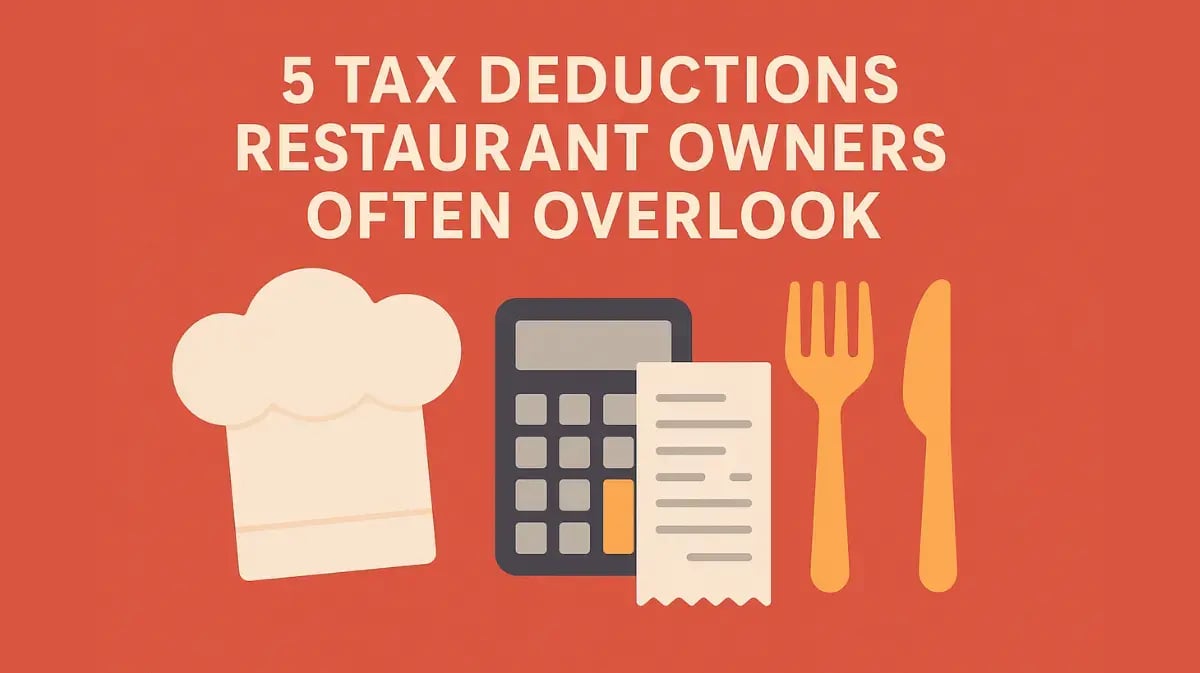


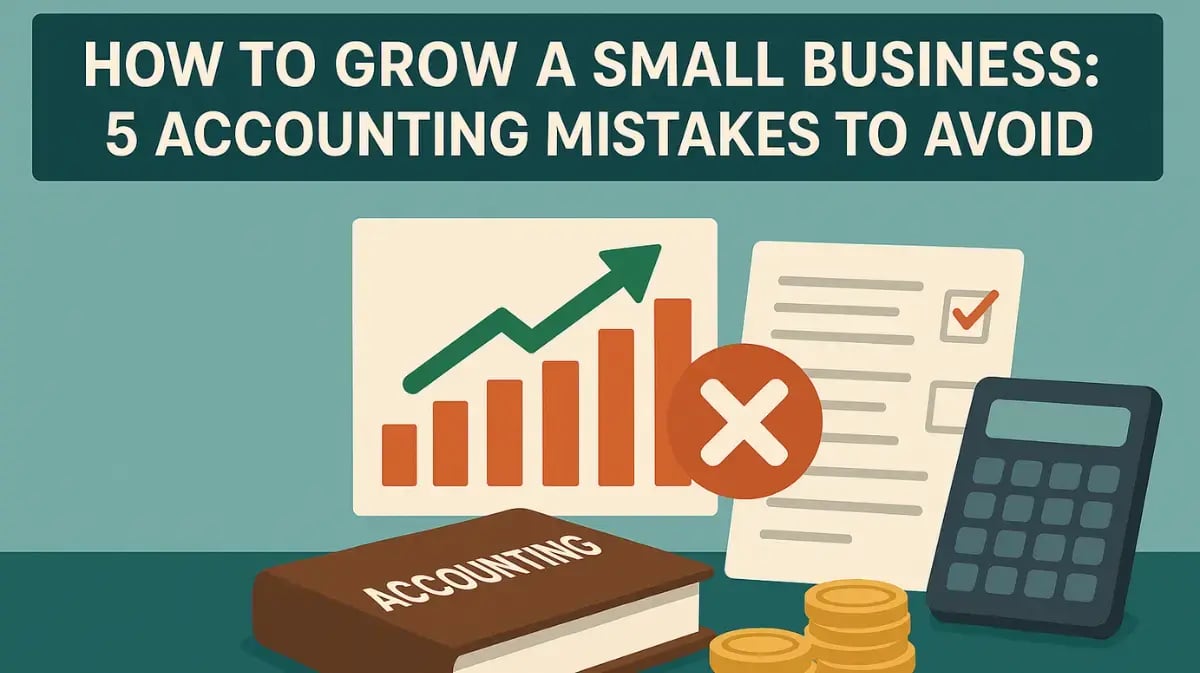
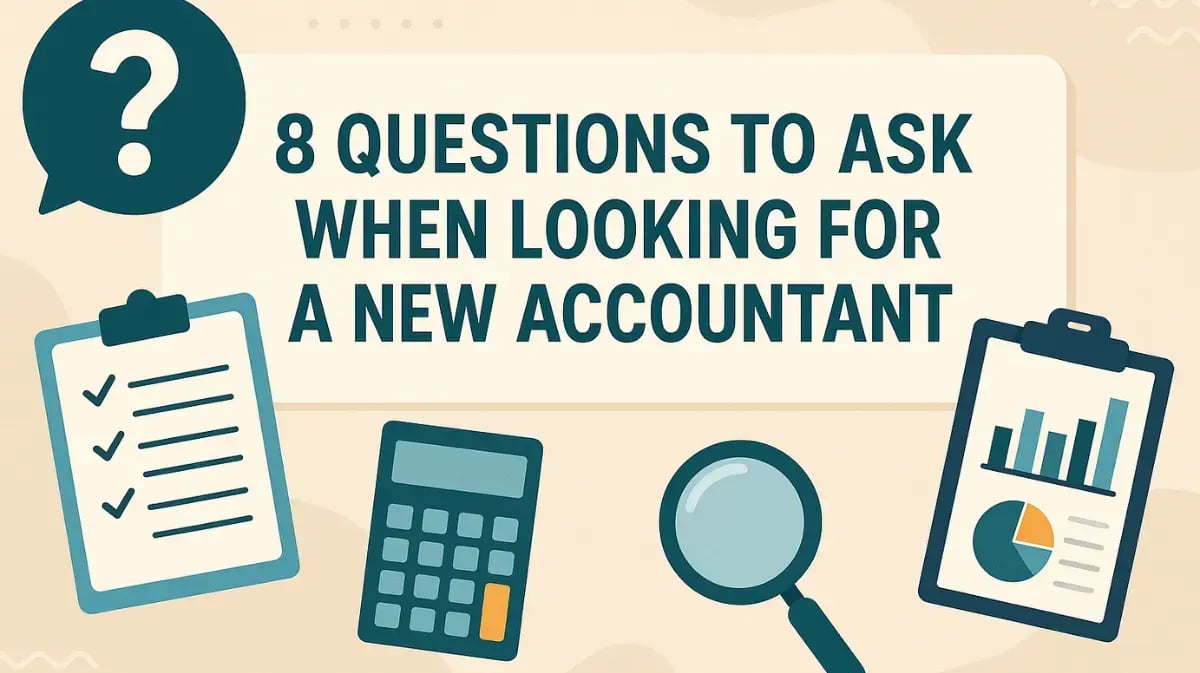
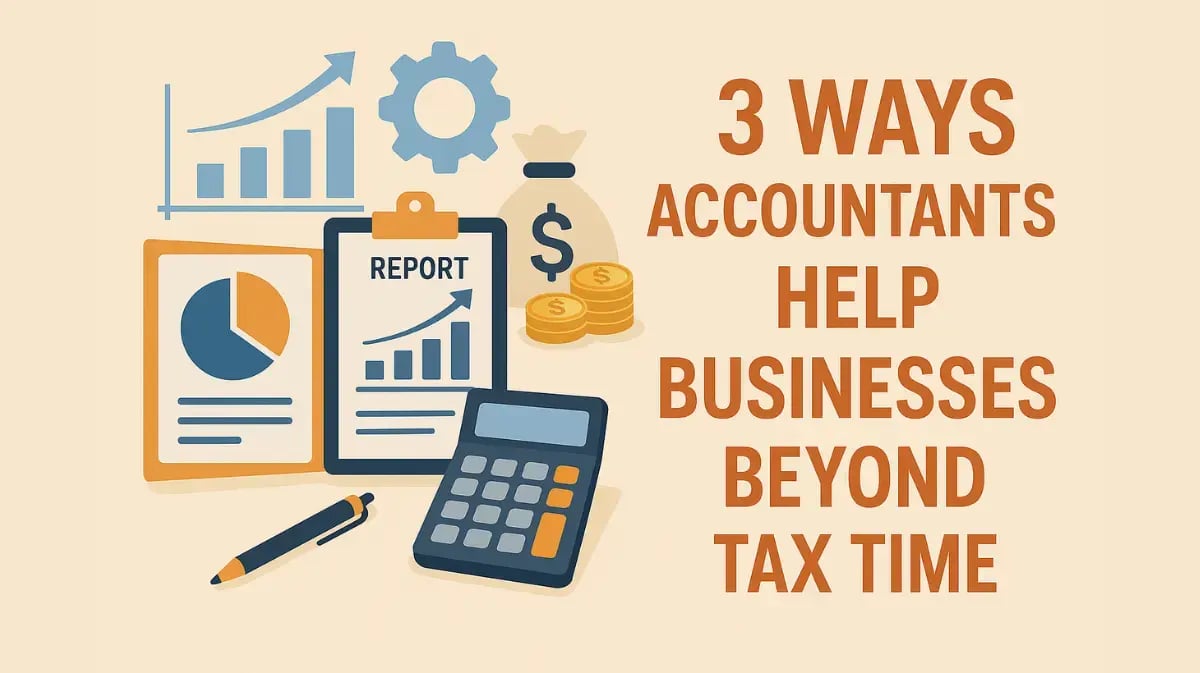
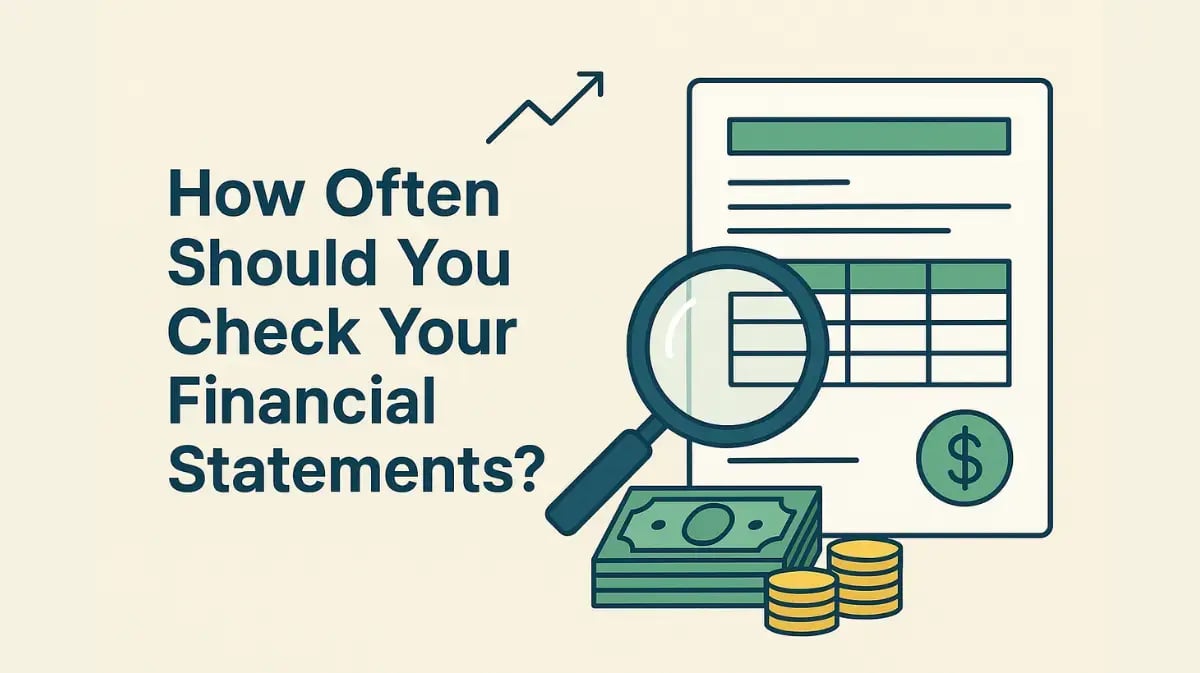
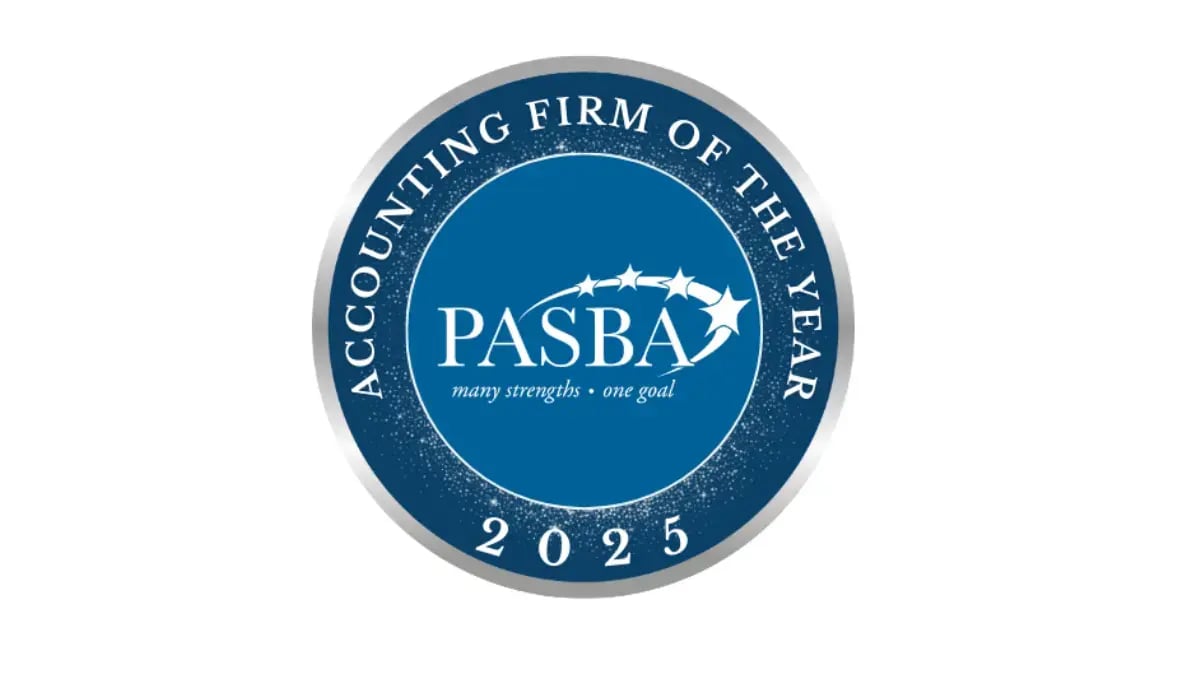

.webp?width=1200&height=673&name=5%20Common%20Accounting%20Frustrations%20(and%20How%20to%20Find%20a%20Better%20Solution).webp)

